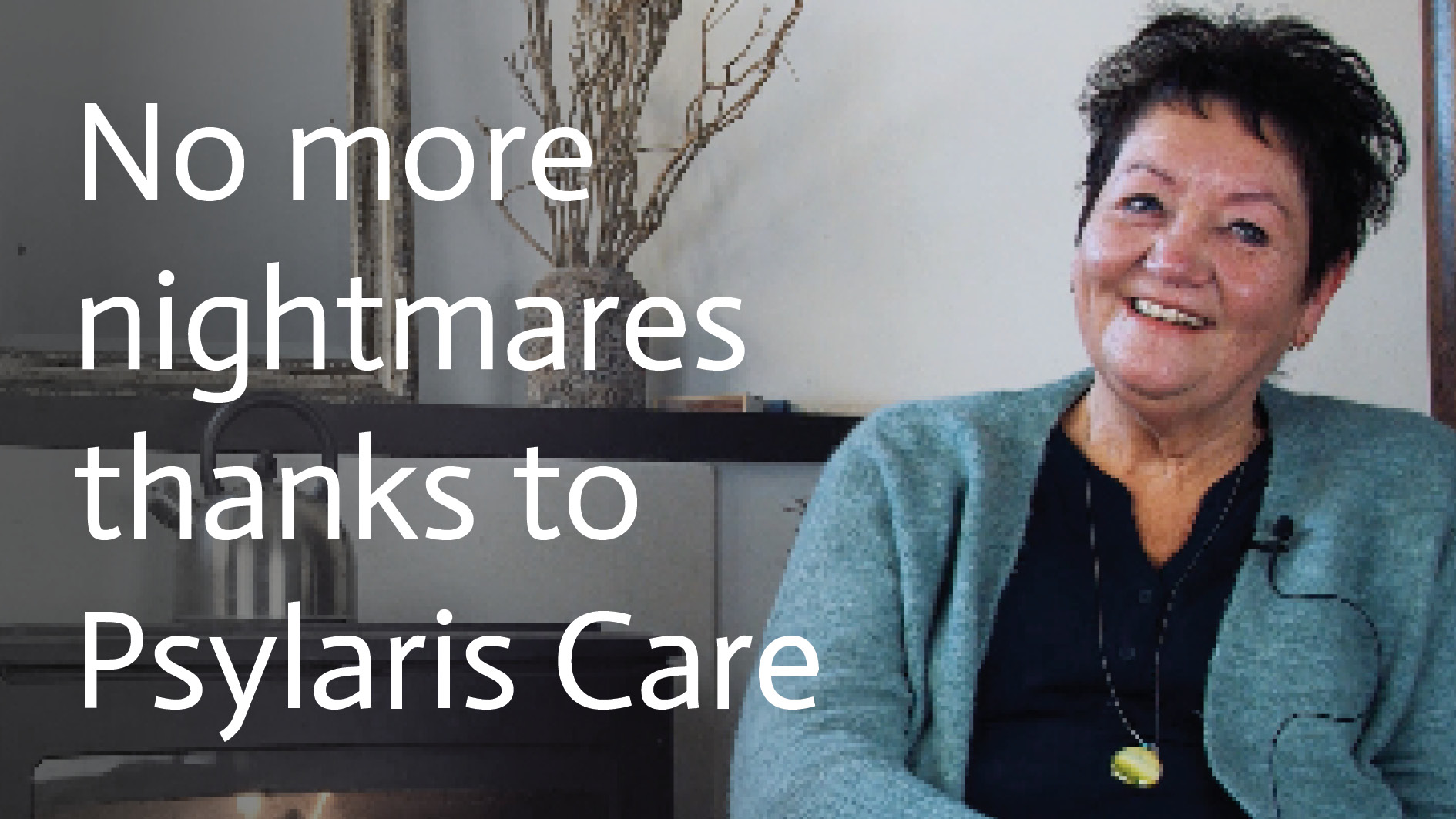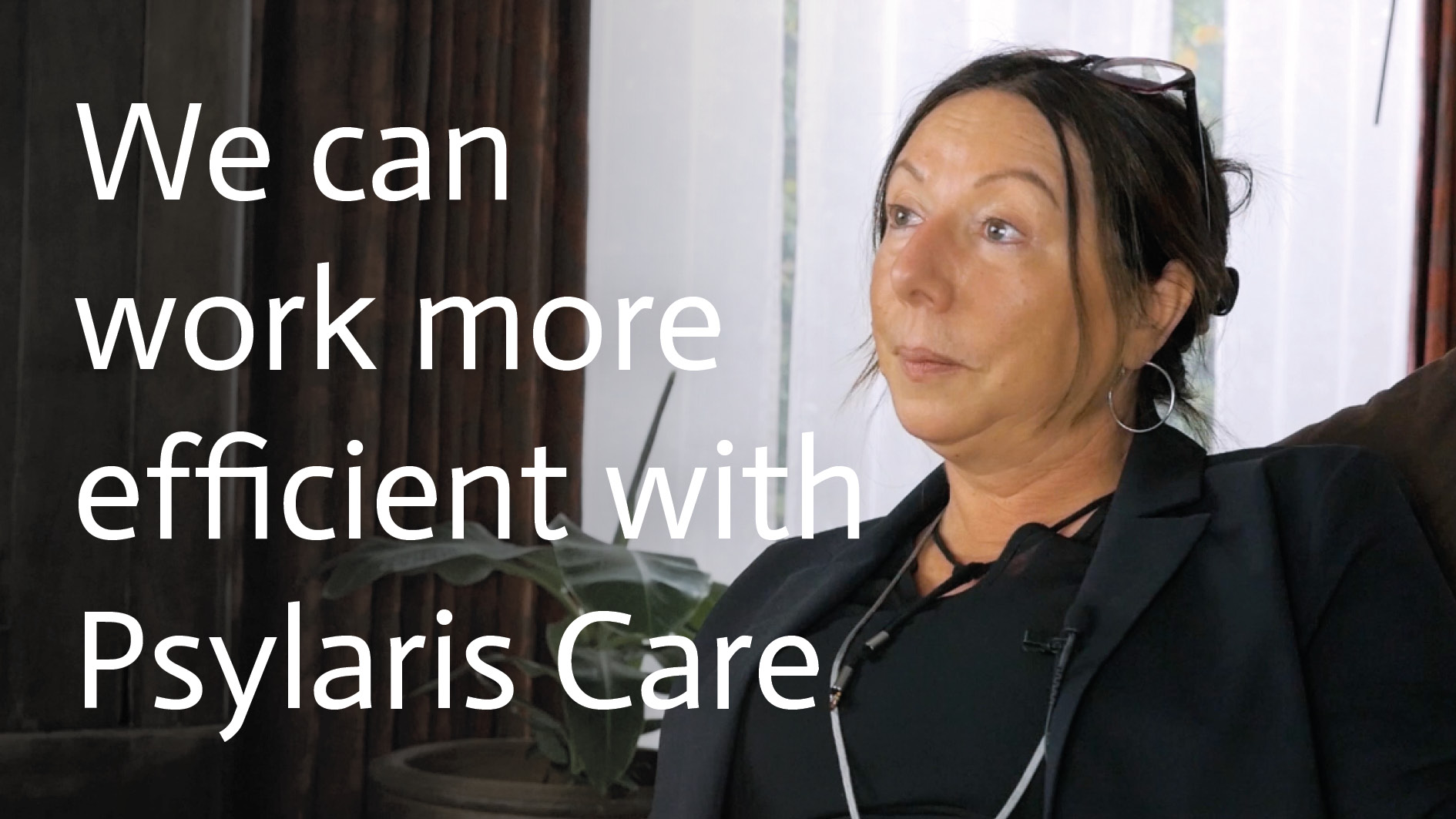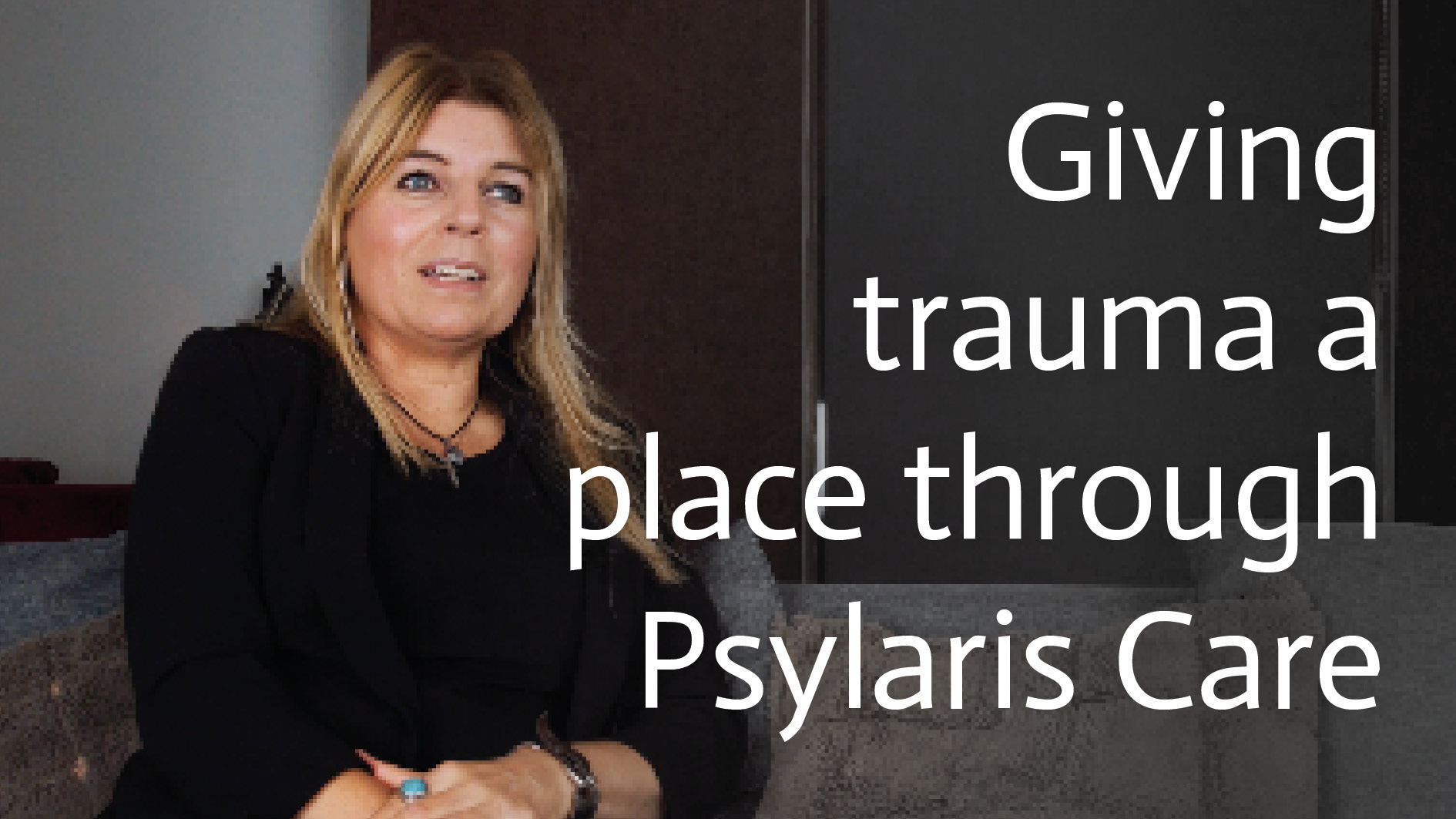When you call on mental health care for one or more treatments or a complete treatment programme, reimbursement usually takes place from the health insurance company. Everyone is insured via the basic insurance. The government determines which mental healthcare treatments are eligible for reimbursement under the basic insurance. How the reimbursement of a certain GGZ treatment is carried out is laid down in the care performance model.
What is the care performance model?
Clients who make use of regular mental healthcare treatment will not have much to do with the care-performance model. In the care-performance model, it is agreed how the practitioner bills for the GGZ treatment. The only thing a client might notice about the care-performance model is the itemised bill sent by the practitioner, but usually this is sent directly to the healthcare insurer.
The care performances in the care performance model
The basis of the healthcare performance model, are the healthcare performances. No two treatments are the same and treatments can look different. A treatment can be a consultation with a therapist, but also an admission for several days and nights to a clinic. One treatment costs more time and therefore more money than another mental healthcare treatment. Each treatment is referred to as a care service. The care services are listed on the invoice and are linked to a rate, so that the healthcare insurer knows what it must reimburse.
On an invoice you will find some standard common care services, such as consultations (physical & online), group consultations or days of stay in the clinic. Additional services are subject to 'surcharges', such as travel expenses incurred by the practitioner or an interpreter.
How much does treatment cost?
For a single consultation, the healthcare provider will be able to tell you the rate directly. But in almost all cases, this is not the case. Especially in mental healthcare, you have to follow a course of several long or short treatments, an admission or online consultations. That is why the declaration by the care provider will sometimes consist of many different care services. The cost of each part of the treatment will then become clear in any case. This way you can make a rough estimate of the costs of the total treatment in advance.
How is the level of tariffs determined?
For each care service, maximum rates apply, which are determined by the government. Healthcare providers have a certain amount of freedom to determine the rates themselves, but only up to the maximum rate set by the government. Sometimes certain care services are higher or lower than other comparable care services. This is because there are various factors that are taken into account. One example is the profession, such as psychologist or GGZ nurse. The type of consultation, the length and the location of the consultation also influence the rate.
Will online therapy be reimbursed?
Online therapy is becoming more and more common. Online therapy is a huge asset to the GGZ. Psylaris has published tools for online mental health therapy, such as virtual reality and remote EMDR. Online therapy is easier for both the practitioner and the client and makes it possible to reduce waiting lists and save costs. Clients can receive treatment much earlier and more frequently and this will speed up recovery. Online therapy is simply reimbursed within the framework of the care performance model and basic health insurance. Precisely because online treatment is becoming more commonplace, no distinction is made between online and physical treatment.
Reimbursement from the basic insurance
Every Dutchman is compulsorily insured for care via the basic insurance. No matter which healthcare insurer you are a member of, the basic insurance is the same for each insurer. However, there may be some differences between them. This depends on the type of basic insurance you choose.
Each year, healthcare providers make price agreements with healthcare insurers. As soon as there is a contract between a healthcare provider and a healthcare insurer, we refer to it as a contracted healthcare provider. However, it is also possible that no agreements are made between the healthcare provider and the healthcare insurer. This is referred to as a non-contracted healthcare provider.
For a basic insurance, you can choose from a restitution policy, a natura policy or a combination policy. Do you have a restitution policy? Then all care will be reimbursed, even if your insurer has no contract with your care provider. If you have a natura policy, all care will be reimbursed by practitioners who have a contract with your insurer. Are you having treatment by a non-contracted care provider? Then the costs of treatment will only be partially reimbursed. Usually around 50 to 80%. With a combined policy, all contracted care will be reimbursed in full, and sometimes non-contracted treatments as well.








